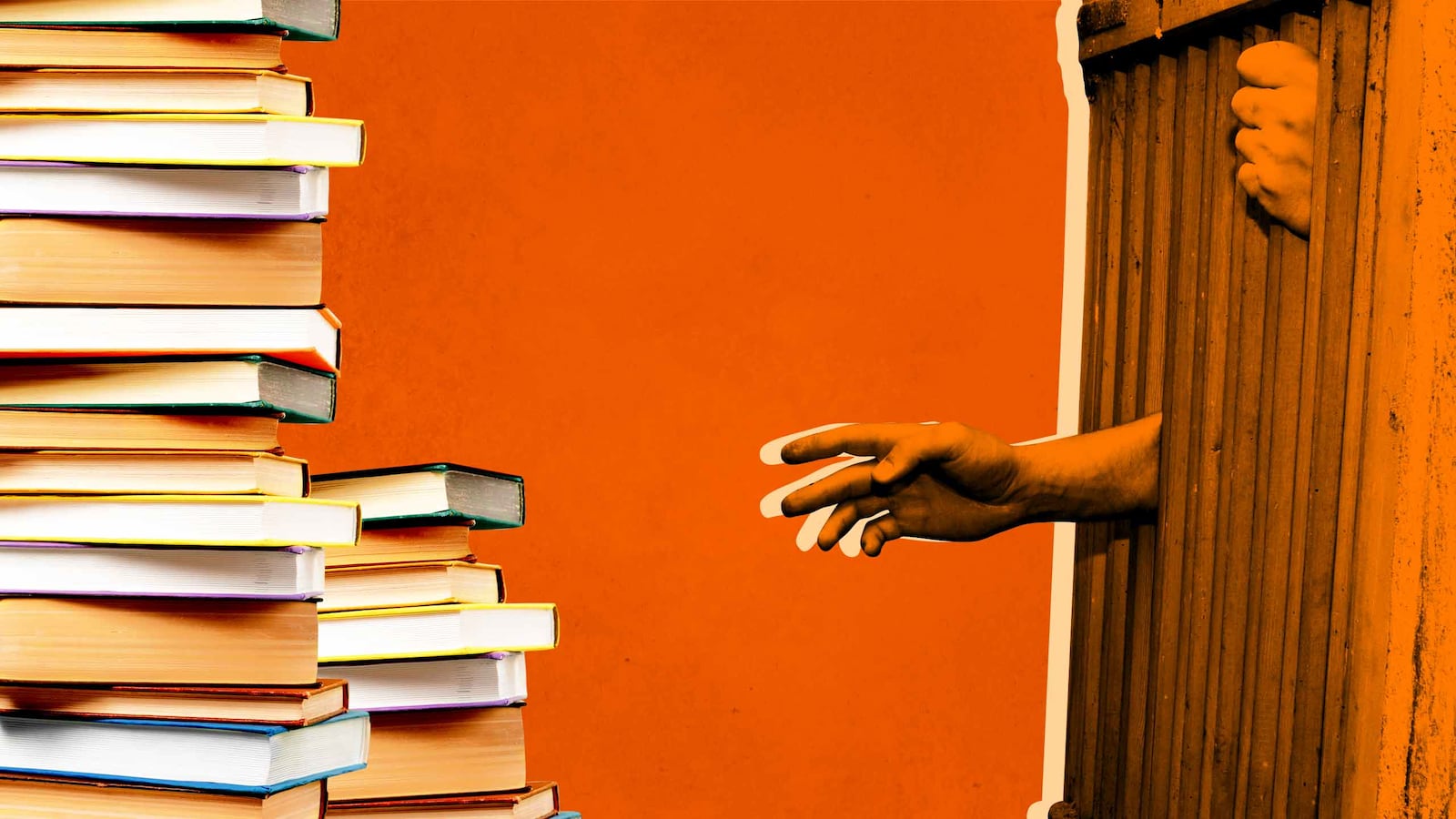New York is changing the rules for what packages state prisoners can receive. No longer can friends and family members send food or books; instead inmates will only be allowed to receive things from six specialized companies that make healthy profits from selling goods to this captive market at high markups.
The Department of Corrections claims the new system will reduce smuggling and end the hassle of making a decision as to what’s contraband and what’s allowed. Nonsense.
Having depended on the package rooms for everything that made my life better, I know what this really is: a tragedy.
In a dozen facilities over my 10 years of incarceration, the only thing I saw smuggled in a package was the Christmas when the wife of a lifer invested in a canning machine to send cognac.
Reading the books my wife finished helped me improve our relationship. But this new protocol will stop books from entering as well, unless bought from the catalogs.
Upon my release in 2014, almost all of the used book stores I’d haunted as a kid were gone except for the Strand. The value of books as physical objects had plummeted. Prison is the last corner where this is not so, as things digital are forbidden inside. As a result, books have value. I myself bought The Annotated Uncle Tom’s Cabin, a luxurious illustrated edition, for 30 milligrams of morphine. It’s on my shelf now.
There are many prisoners who are new to reading, and truly appreciate the books they once couldn’t or didn’t read. They make elaborate leather covers for favorites. Old books find second lives in the big house. The paperback survivors of my childhood were absorbed by a grateful friend who learned to read way past middle age as a convict. This might seem easily replicated by the library system, except that he had learned to read in his native Russian.
I read 1,046 books while in prison. Most of them came from home, certainly all the ones not in English. Each prison has a library; I worked in four of them. I am sure I could have just as easily gotten a classic like, say, Robert Musil’s The Man Without Qualities in a jailhouse library and I definitely could have ordered it through the Interlibrary Loan system. But the reader’s guide published by a university press that helped me understand the work? Or the out-of-print Karl Krause collection my father sent me to add to my feel for the context? Or the issue of a magazine my wife found in a dentist’s office which happened to have a piece on modernism? None of those would be allowed in today. The place Musil has in my thinking would be without qualities itself according to the new procedures.
And then there is the price. My family spent much more on the monthly head of cabbage they sent or brought, depending on how far away I was locked up, than on my reading material. Used books are cheap.
The catalogs sell books as well; previously their buyers were the rare prisoners with funds but no one outside to help. The selection is limited. For $27.95, you can have one James Patterson novel. Mass market paperbacks are cheaper, and one catalog has Penguin Classics. Still, the cost of starting a library is prohibitive.
Property limits allow a prisoner to possess 25 books and 14 magazines at a time. Most prisoners have a miniature library of these dimensions. For some, these are the first books these men have owned since achieving literacy; for many others, these are the first books they’ve read in many years. Personal libraries are treated with care and books that have been lent between prisoners are always returned in the same immaculate condition they were borrowed in. Collections of books are often the most valuable possessions prisoners have; only musical instruments are cared for as well.
Catalog prices will eat away at this bibliophilic culture. Forcing the poor to choose between owning a book or having a meal is cruel when it’s so unnecessary.
Our world is replete with unwanted books. Denying these obsolete treasures to the last population that wants them, as well as denying them tomatoes not from a can, is cruel, senseless, and counterproductive.
And why? To enrich a few catalog companies and cut down on the grievances filed by prisoners unhappy with what a package room officer denied? If we want those sequestered from general society for not obeying the social contract to improve, let’s help them. Let’s make it easy for them to read and develop a love of learning. Let them eat cabbage if it rearranges their priorities to value family over heroin. Let’s do the right thing.
Besides, when this new procedure hits Attica, they’ll riot.






